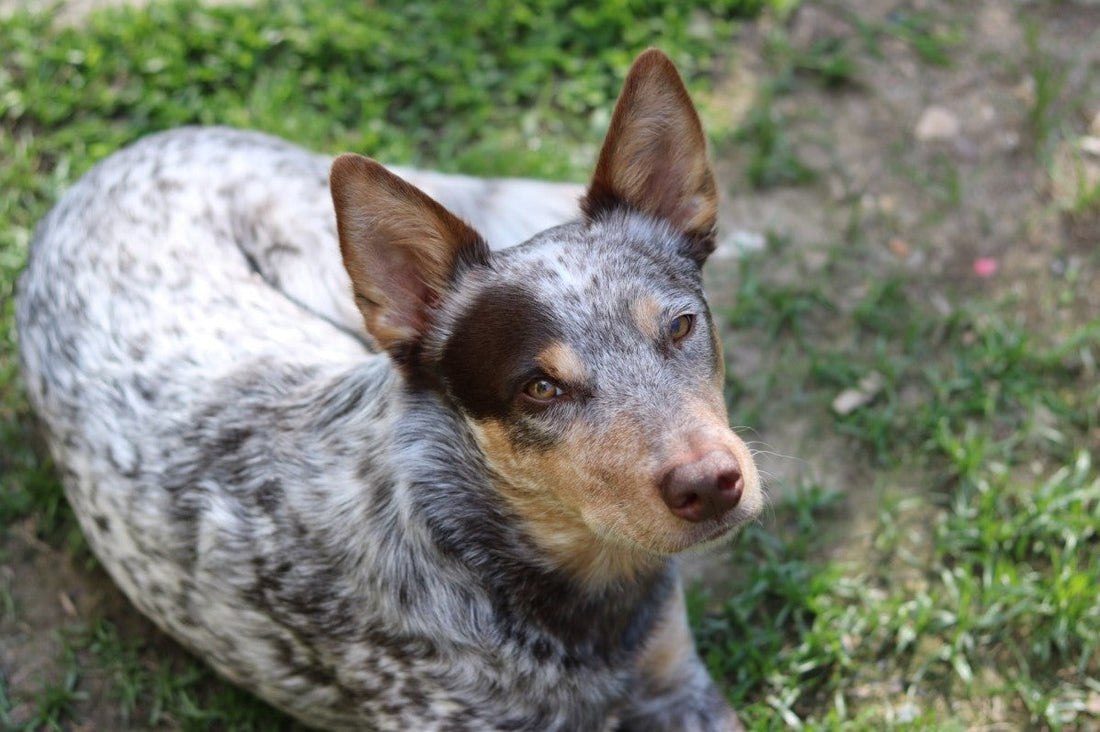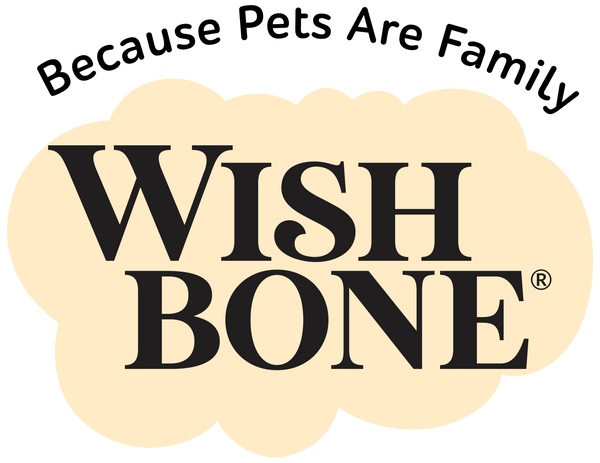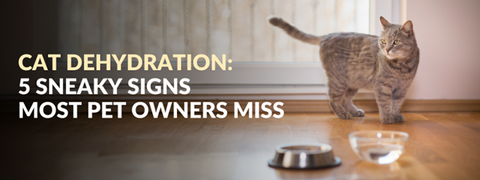
Farm dog facts: What makes the Australian Cattle Dog a great herder
Addiction Pet Foods
Herders are indispensable partners for livestock farmers. Not only do these dogs keep other animals safe, they also direct livestock to where they should go. One such example is the Australian Cattle Dog, often known as the Blue Heeler due to their bluish fur coat.
Their loyalty, endurance and agility make them great for accompanying farmers on a long day out in the field. Here are a few things to know about these Heelers before you decide to get one for your farm.
The breed’s origin story

The Australian Cattle Dog is a result of crossbreeding with the native Dingo. Australian settlers in the 19th century initially used dogs brought in from English Sheepdogs for their farms but found them unsuitable because they lacked the endurance for herding livestock under hotter temperatures in the continent. This led them to use Dingos to breed with Dalmatians, Collies, and Kelpies until ranchers were able to develop the modern-day Australian Cattle Dog as we know it.
Eventually, this breed was recognized by the American Kennel Club in May 1980. Today, these dogs are defined by their strong and compact build. Their fur can be black, brown, blue-grey, or black with a bluish hue.
Is the Australian Cattle Dog the right breed for you?

These Blue Heelers require a lot of training and socialization due to their active nature. This includes introducing them to your farm animals, your children if you have any, and other pets. Doing this prevents them from mistakenly herding even kids, nipping at other animals, or playing too roughly.
Given that these dogs spend a lot of time outside, they will need a lot of bathing, ear cleaning and toothbrushing. Their nails also need to be trimmed monthly, and their coats need brushing, especially when they shed during spring.
Health issues to take note of

As these dogs are active and often athletic, their joints and ligaments can undergo wear and tear due to frequent use. They will need regular checkups to avoid any injuries like ligament tearing.
Another issue is canine hip dysplasia, deformed hip joints which can affect Blue Heelers in their later life stages. Signs can include hobbling, decrease in physical activity or stiffness. In this case, surgeries may be required to correct this.
One other issue that Australian Cattle Dogs face is deafness. This can make them nonresponsive to sound, unusual barking fits and jumpiness. If your Heeler has this problem, it may be time to retire them from farm duty and give them extra care at home.
Takeaways
With its high energy and endurance, Blue Heelers are great companions for herding thanks to combined traits from Australian Dingos and other dog breeds. While they do require maintenance and care, you get the safety of your livestock and peace of mind knowing they’re in good hands with this hardy herder. Just be sure to keep them healthy with the right diet and regular checkups to spot and treat any health issues early.
Feeding your farm dog requires a specialized diet. This means food with quality protein, Taurine and Glucosamine for muscle, heart and joint health respectively.
These can be found in Wishbone Gold, a dry dog food formula with premium New Zealand Beef and Lamb making it rich in protein. It also gives your dog an immune boost with its 8 Superfoods like Mango, Papaya, and Rosemary.
Get your farm dog the nutrition they need today and click here to shop! You can also subscribe to Wishbone Gold’s delivery service and get 15% off on monthly delivery fees.




